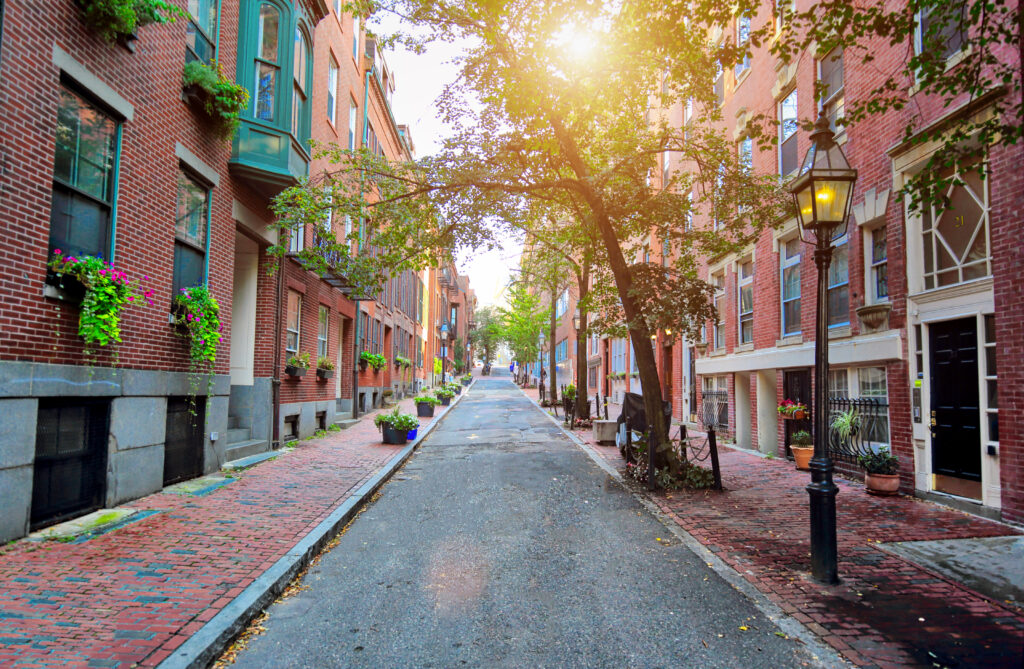
Pursuing Restorative Justice through Housing
Boston’s Mayor’s Office of Housing is working to close the wealth gap through multiple strategies, including creating and preserving affordable housing, supporting homeowners and renters, providing housing services to homeless individuals, and developing city-owned property. The City has adopted several approaches to help low and moderate-income families become homeowners, including... Read more
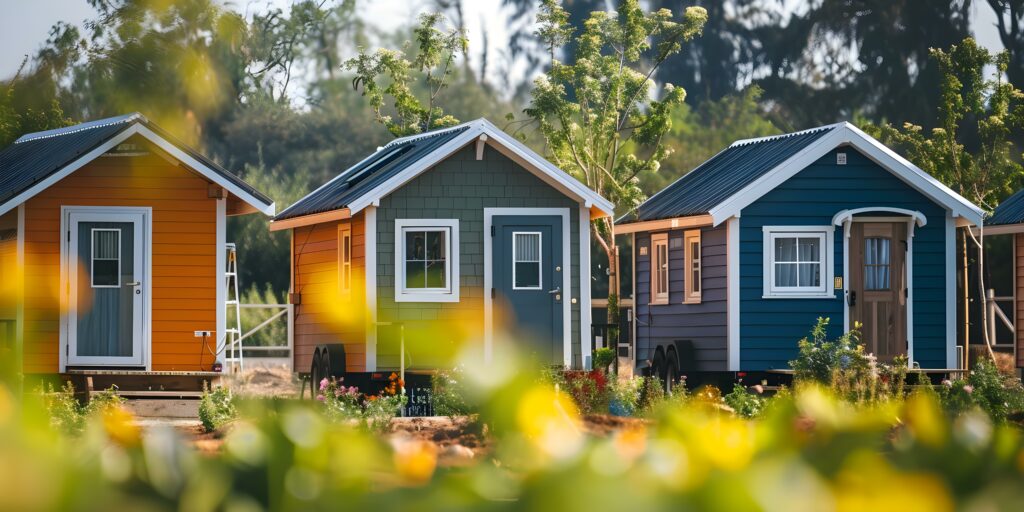
Catalyzing Bold, Inclusive Affordable Housing Expansion
Albuquerque reflects New Mexico’s remarkable diversity, with nearly 80% of residents identifying as people of color and 10% as people who immigrated. However, residents face significant housing challenges, with single-family home prices increasing 8% last year and nearly 300% over the past generation—far outpacing wage growth. More than one-third of... Read more

Expanding Solar Energy Access for Low-Income Communities
Phoenix experiences approximately 300 days of sunshine annually, making it one of the most solar-friendly climates in the country. However, many low and middle-income households, particularly in economically disadvantaged communities, face high utility costs due to outdated home infrastructure and limited access to renewable energy solutions. These communities are disproportionately... Read more
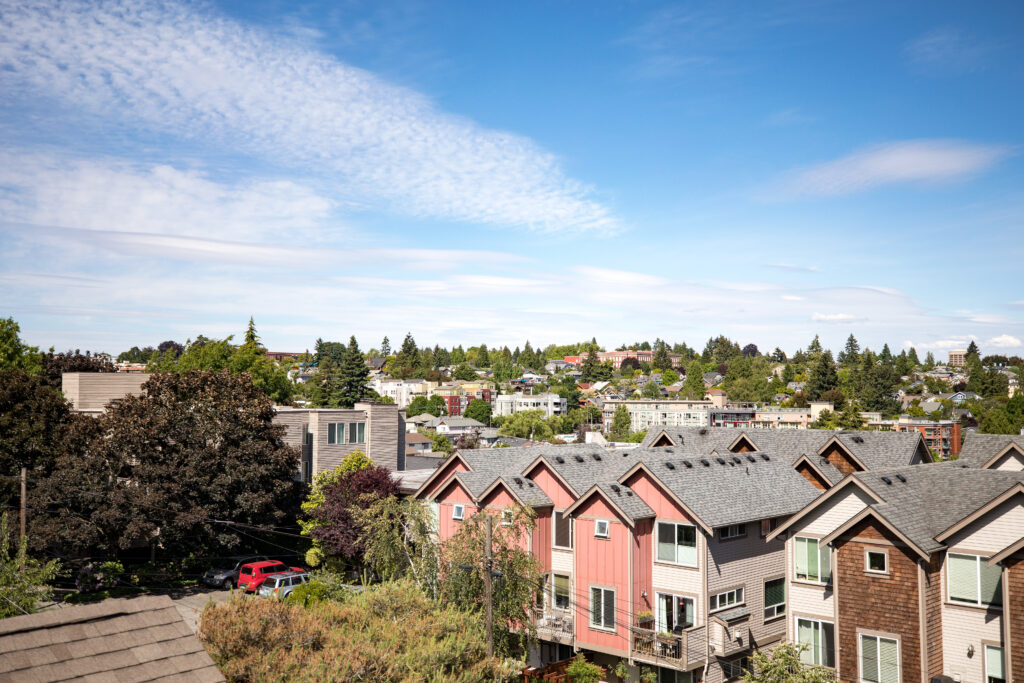
Home Ownership as Preservation (HOP)
Seattle has experienced dramatic growth over the past decade, becoming one of the fastest-growing large cities in the United States. While this growth presents economic opportunities, rapidly increasing rents and home prices have displaced low-income families to less expensive areas further from the city. The City has recognized that historically... Read more

Closing the Racial Wealth Gap in Multi-Racial Communities
New Mexico is one of the most diverse states in the country, and Albuquerque reflects this diversity with particularly large Indigenous and Latino populations, as well as significant Black and Asian communities whose numbers are growing. The Office of Equity and Inclusion (OEI) works to reduce barriers to opportunity and... Read more
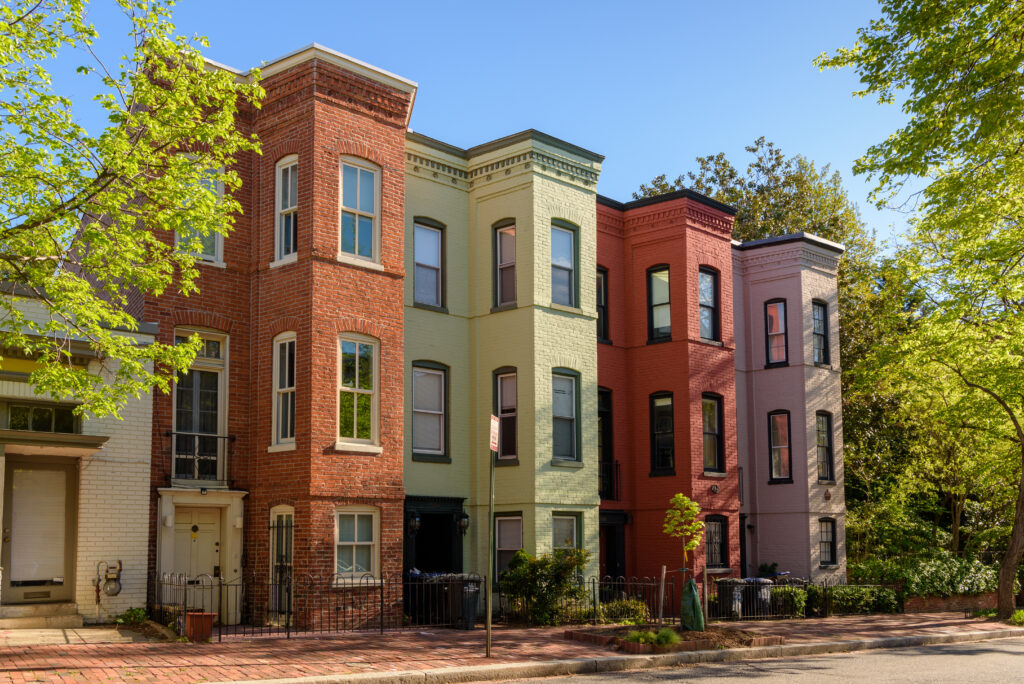
Strengthening Affordable Homeownership Opportunities through Limited Equity Cooperatives
Limited Equity Cooperatives (LECs) are a form of affordable homeownership where residents collectively own their housing and agree to limit resale prices, thereby preserving long-term affordability for future generations. These cooperatives are particularly vital in Washington, D.C., where rapidly rising housing costs and historical housing policies have disproportionately displaced Black,... Read more
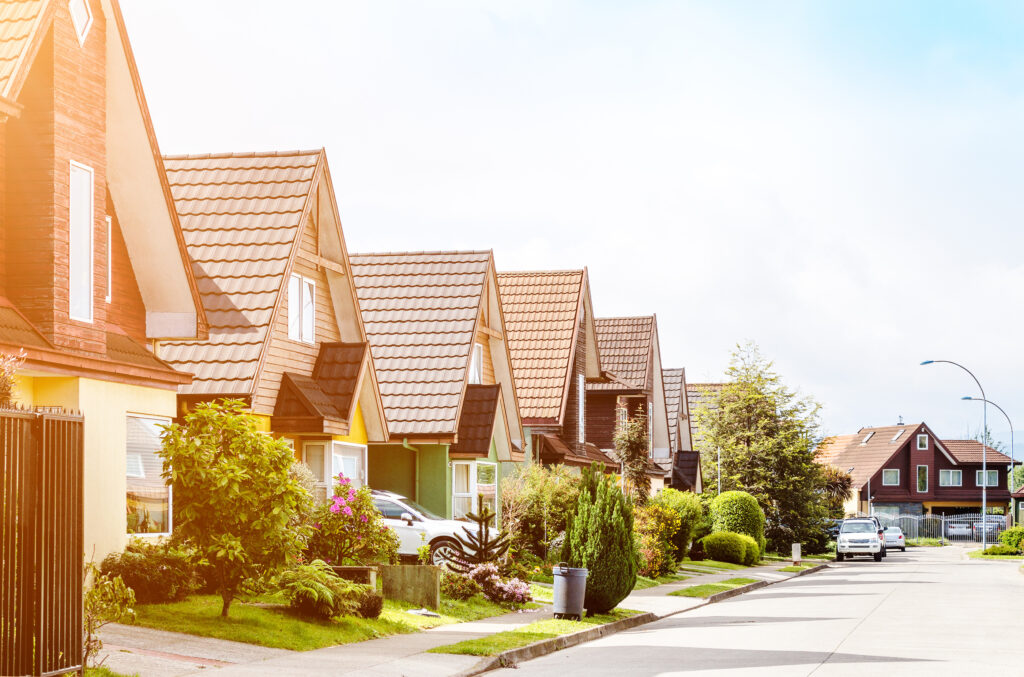
Connecting Home Buyers with Down Payment Assistance
Durham, North Carolina is experiencing one of the fastest-growing real estate markets in the country, currently ranking fourth nationally in price growth and demand. The city's expanding job market in technology and healthcare has attracted new residents, but rising housing costs have created significant challenges, especially for historically underrepresented renters... Read more
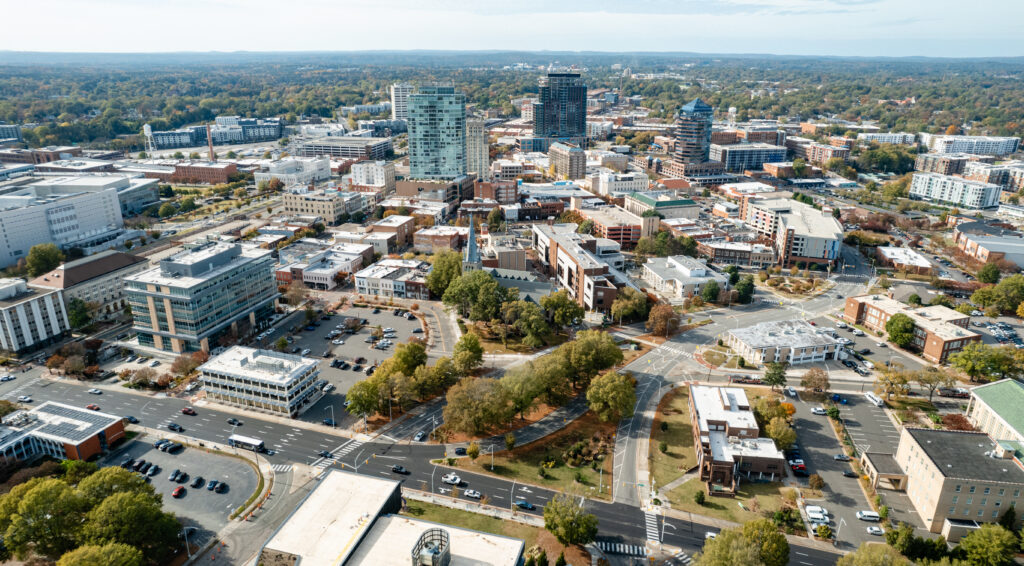
Transforming Municipal Property into Affordable Residential Housing Opportunities
Durham, North Carolina has experienced significant growth, with population increasing by 24% between 2010 and 2020 and median home values rising by 59% from 2017 to 2022. These market dynamics have widened existing inequities, with Black household homeownership (42.1%) lagging significantly behind white households (64.6%). To address these disparities, the... Read more

Reimagining Homelessness Prevention and Response for the Latino Community
Los Angeles County is addressing the rapid rise among Latino residents experiencing homelessness, which increased by 26% from 2020 to 2022—more than triple the national rate. In response, the County’s Anti-Racism, Diversity, and Inclusion (ARDI) Initiative convened a task force to identify barriers such as language access, immigration status, and... Read more

Developing an Accountability Framework to Address the Needs of Black People Experiencing Homelessness
Los Angeles County, home to one of the largest homeless populations in the United States, is prioritizing racial equity in its response to homelessness, recognizing that Black residents—though only 10% of the population—make up 30% of those experiencing homelessness. The County is partnering with FUSE Executive Fellow Ni Kal S.... Read more
